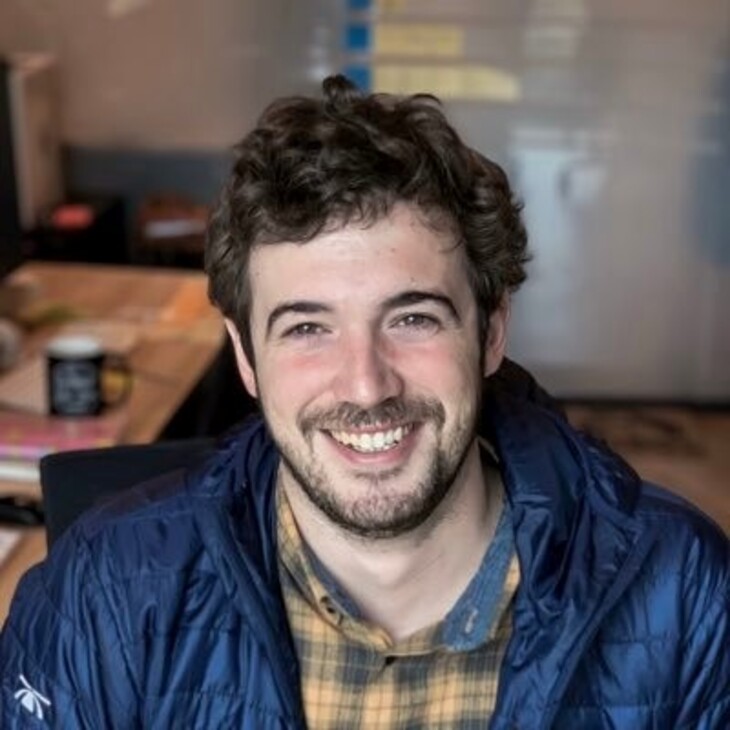
“Aside from my work at Iberia, I spend some of my time working with Celera, a startup accelerator focused on people. I finished the programme in 2019, but many of us who took part in it at different times are still in touch to talk about our concerns.
After the coronavirus outbreak, one of the Celera programme engineers messaged us, saying “Hey, I want to help. I think we can create an artificial breathing device to save lives. Who’s on board?”
At that point at Iberia we were cancelling regular flights, staging repatriation flights, and starting to work from home. The fact is we were extremely busy, but I didn’t want to let my old colleagues down, and I also wanted to do something more to help society.
The initial group of 10 people quickly expanded to more than 30 –specialists in engineering, medicine, IT, design, entrepreneurship, law, and data management– and we set to work, initially from home, speaking by telephone and holding videoconferences in the evenings and on weekends. Next, part of the team began working from the Rey Juan Carlos University which had been attended by one team member, who managed to obtain permission from the dean to use the premises and the laser cutter.
We also launched a crowdfunding campaign to finance the project, called “The Open Ventilator”. Dozens of private individuals, as well as bodies such as the Spanish national power grid, the foundation belonging to the Mapfre insurance group, and the regional government of Valencia gave us their support, and every cent would be spent on manufacturing ventilators for donation to those who need them.
You can't imagine how excited we were when we assembled the first prototype –it was pretty basic, but it was real! We went through five more prototypes, using a trial and error methodology, and then we subjected the final to all the tests needed to win approval. The first units we made were handed over to the Alcorcón University Hospital near Madrid and the Vall d’Hebron Hospital in Barcelona.
The hardest part was behind us –especially getting it approved and certified. It's almost unbelievable that it took only three weeks from the initial rough sketch to becoming one of the first products to be certified by the AEMPS –the Spanish medicine and medical products agency– that was designed to help Covid-19 patients with acute respiratory difficulties. It was conceived as a backup when other ventilators are not available. It is cheap to produce and manufacturing is easily scalable.
Now our aim is to keep making them until the money runs out. Our initial commitment was to make 50, but we have reached agreements with our partners to keep making them while demand is there. Our aim is to ensure that nobody who needs one should lack a ventilator.
In Spain, fortunately, demand is starting to wane, so now we're sending our ventilators to Latin America. Last week we sent two to Ecuador on an Iberia flight –a nice way to close the circle! Let me use this opportunity to express my thanks to all my fellow employees who made it possible for these ventilators to reach Ecuador, and for their hard work during this crisis. Thank you, and let's keep moving forward!”